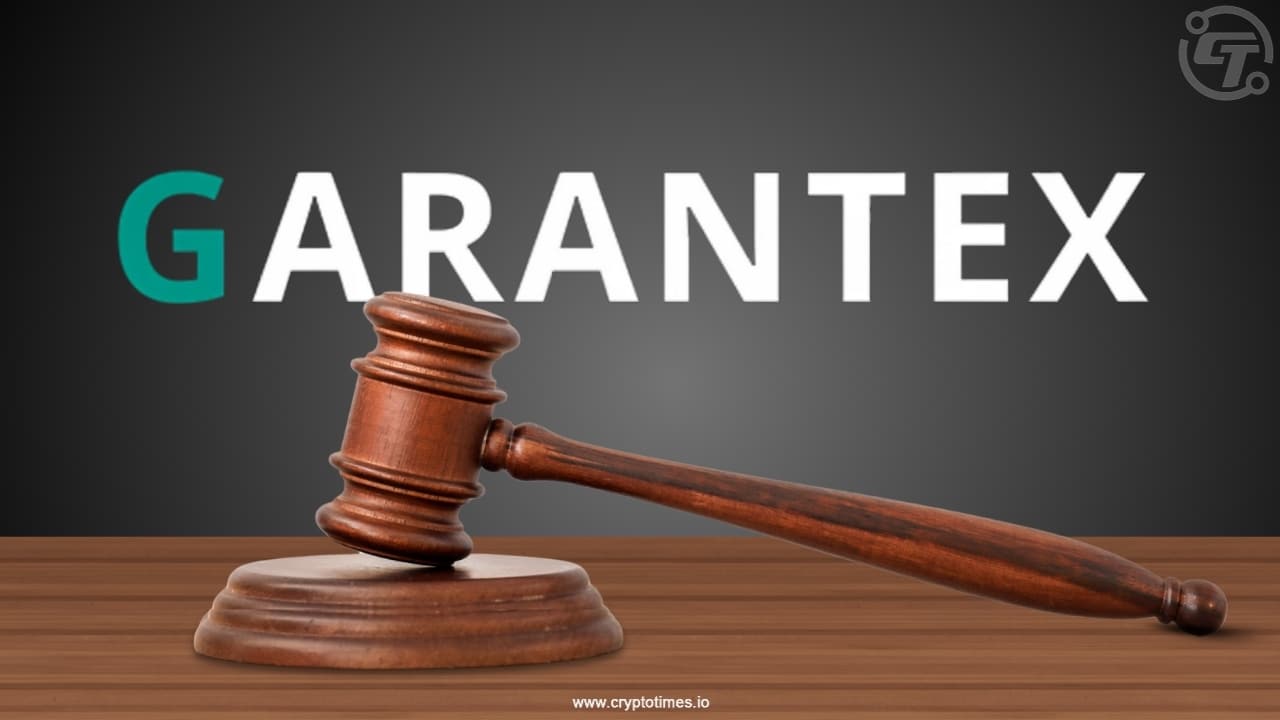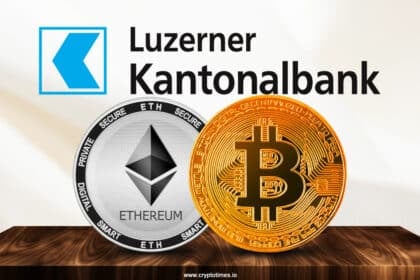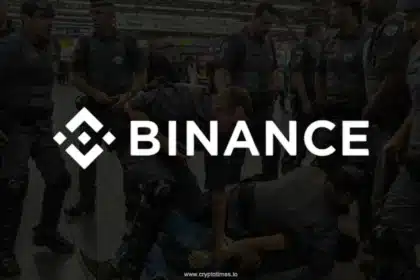Garantex, a cryptocurrency exchange with ties to Russian banks, has continued operating through new platforms despite sanctions from the U.S. and EU. The U.S. sanctioned it three years ago, and the EU followed, pointing to the exchange’s connections with Russian cybercrime networks and terrorist groups.
The exchange was charged with stealing $22 million from a US-based blockchain platform. It was also involved in illegal money laundering. Following that, in March 2025, the U.S. Secret Service, Department of Justice, and international law enforcement took over Garantex’s digital systems.
As per the reports, they charged the firm’s operators, Aleksej Besciokov and Aleksandr Mira Serda. Besciokov, a Lithuanian living in Russia in his mid-40s, was arrested in India while awaiting extradition to the U.S. He died of a heart attack on August 31 in Delhi’s Tihar Jail, according to his lawyer, Ashish Panday. The charges were filed by Indian jail officials and the U.S. Attorney’s Office in Virginia.
Sanctions blocked Garantex from global financial systems, forcing it to move operations to Grinex, a Kyrgyzstan-based platform. A June Financial Times report revealed that Grinex handled billions in crypto transactions, including a ruble-linked stablecoin called A7A5, despite the sanctions. Following this, the U.S. Treasury’s OFAC sanctioned Grinex, Exved, Garantex figure Sergey Mendeleev, and the A7A5 creator. The U.S. State Department also offered a $5 million reward for information on Aleksandr Mira Serda’s location.
A Transparency International Russia report explained that Exved converts Russian rubles into Tether’s USDT stablecoin and sends funds through payment processors in countries like Hong Kong, Thailand, and the UAE to hide their source and destination.
Garantex successors use Telegram to evade sanctions
Researchers, posing as a Hong Kong electronics exporter, discovered Exved’s signup process on Telegram. Exved’s Russian agent, Paysol LLC, works with Feilian, a Hong Kong company run by Sergey Antipov, to facilitate these transfers.
A Paysol compliance officer admitted they use tailored documentation to avoid sanctions checks, often to help import restricted goods into Russia.
Blockchain analysis showed that a cryptocurrency wallet provided by Paysol was linked to a sanctioned Garantex wallet and processed over $112 million in transactions. Leaked Garantex documents from 2021 to 2024 revealed MKAN Coin, a Telegram-based service that helps Russians convert crypto to cash for moving money overseas.
Operating in countries like Kyrgyzstan and Spain, MKAN Coin, run by a former Garantex CEO, uses similar tactics to Garantex, creating a global network to bypass sanctions and avoid detection.
Also Read: FTX Recovery Trust Files $1.15B Lawsuit Against Genesis Digital













